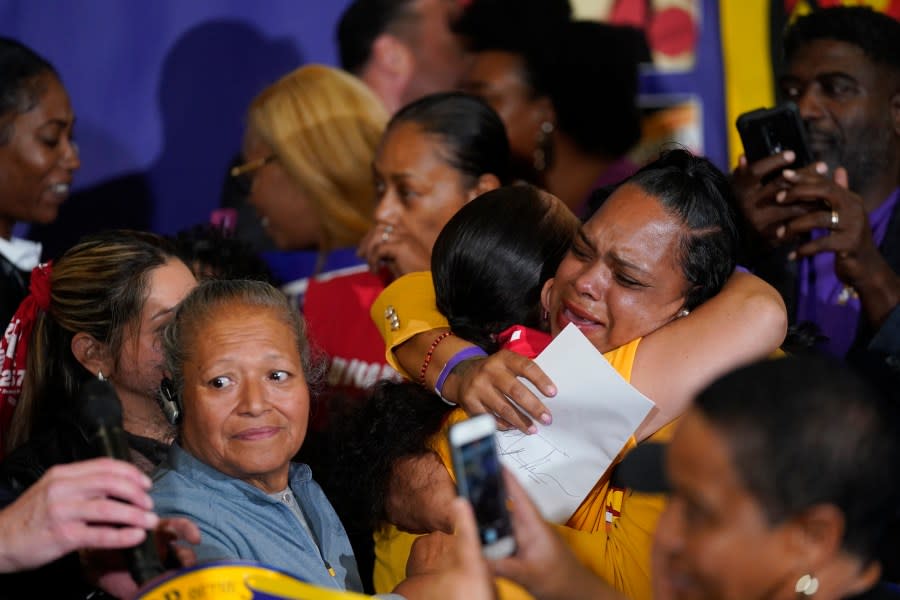Fast food is about to get more expensive in California
A Southern California fast food franchise owner is the latest to signal that menu prices will go up when the minimum wage for all fast food employees climbs to $20 an hour in April under a new California law.
Marcus Walberg, whose family operates four Fatburger restaurants in Los Angeles, recently told Business Insider that he sees no option but to raise prices and make other changes to adapt.
“It’s a scary thing because customers are already complaining that prices are too high,” Walberg told the business news outlet.
California law to increase minimum wage for fast-food workers won’t apply to everyone
Executives at McDonald’s and Chipotle Mexican Grill have already indicated menu price hikes are coming. During a conference call in November, McDonald’s CEO Chris Kempczinski told analysts that his company expects to raise prices by a “mid-to-high single-digit” percentage.
Also, two major Pizza Hut franchise operators in California announced last month they would be laying off all in-house delivery drivers as a result of the new law. The layoffs impact hundreds of Pizza Hut locations across the state including Los Angeles, Orange, Riverside, Ventura and San Bernardino counties and Sacramento, and involve more than 1,200 drivers.
Among changes at his Fatburger locations, Walberg says he is trimming employee hours and eliminating paid vacation time. Doing business in California, he says, “has been more strained now than any time I can remember.”
The current minimum wage in California is $16 per hour. The increase to $20 comes after the passage of Assembly Bill 1228 which aims to help fast-food workers cope with the rising cost of living and inflation.
“Higher minimum wages may have many downstream effects on consumers, businesses, and the overall economy,” Justin Rush, a North Carolina-based financial planner, told KTLA 5 News. “To offset higher labor costs, businesses may increase the prices of their products or services accordingly. However … some businesses may invest in automation to reduce the reliance on low-wage workers altogether. So, a business may pay more for the workers they have but end up employing fewer workers altogether.”
Rush, however, also acknowledges that paying fast food workers more could spur economic growth.
How many of these In-N-Out secret menu items do you know?
“If low-wage workers experience an increase in income due to a minimum wage hike, they may have more disposable income to spend. This can boost consumer spending, which may benefit businesses, especially those in industries catering to lower-income consumers,” he said.
In the third fiscal quarter of 2023, Chipotle saw revenue climb 11% year over year while McDonald’s revenue soared by 14%. Both fast-food chains have consistently, and recently, raised menu prices.
KTLA consumer reporter David Lazarus says the minimum wage hike is long overdue.
“The fast-food industry has long relied on low-paid workers for profits. They justified this in the past by saying they primarily offer entry-level jobs to young people, who will gain valuable work experience and then move on to jobs with decent wages,” Lazarus says. “In recent years, however, the industry has seen an influx of older workers who can’t find employment elsewhere. They’re seeking a living wage. That’s what the California law is meant to address.”
Instead of simply raising prices and cutting jobs or benefits, Lazarus believes fast food chains should put customers first.
“Rather than making drastic cuts, the fast-food industry should price its products in line with operating costs.”
For the latest news, weather, sports, and streaming video, head to KTLA.


